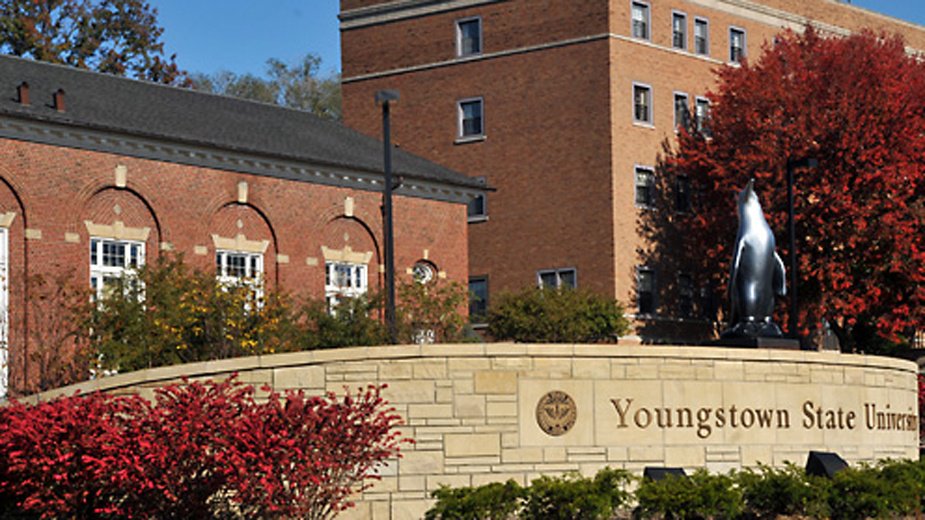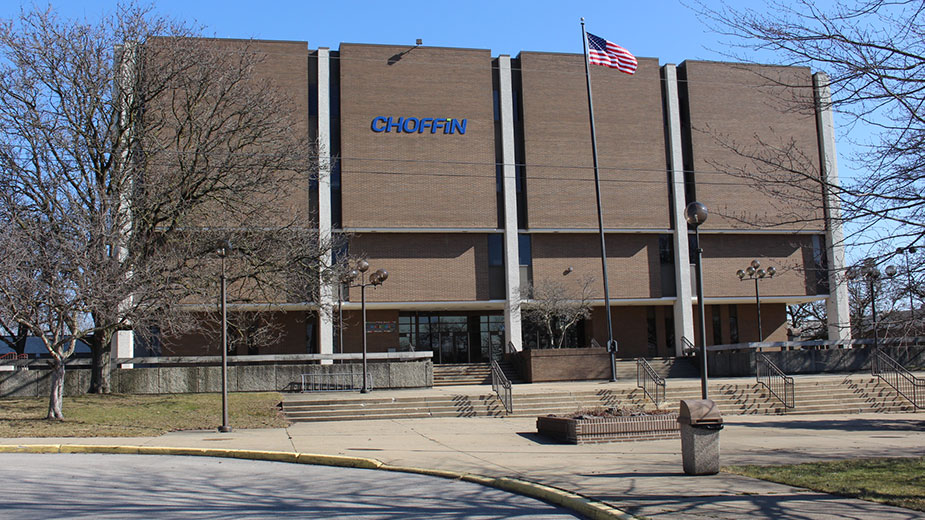The New YSU! Medical Lab Program Responds to Need
By Joan O’Connell Spalla
YOUNGSTOWN, Ohio – Medical laboratory scientists perform a wide range of clinical tests used by physicians and other health-care personnel to aid in the diagnosis of disease and monitoring of a patient’s health status.
Students who earn a Bachelor of Science degree in medical laboratory science and become certified by the American Society of Clinical Pathologists are qualified to perform a variety of laboratory tests ranging from routine to highly complex procedures.
The required academics and diverse clinical experience produces graduates who are well qualified for post-graduate programs in medicine, clinical chemistry and biology.
In their quest to aid physicians and other health-care providers, laboratory professionals do much more than look through a microscope or push buttons.
Our students receive extensive theoretical background in human physiology and chemistry as well as laboratory training in the performance of complex analytical procedures, computations and precision instrumentation.
Medical laboratory scientists are an integral part of the health-care team. But due to a large number of retirements among these professionals, there is a nationwide shortage that leaves open many positions such as bench-level technologists, supervisors and lab managers.
In addition to traditional laboratory careers, there are also opportunities in education, research and industry as technical and sales representatives.
Youngstown State University has offered a traditional medical laboratory scientist program for nearly 40 years. This program requires students to complete three years of coursework on campus and a fourth year of laboratory clinical at an approved hospital laboratory site.
YSU also offers a medical laboratory technician program, which is a popular associate degree program for those interested in working in a medical laboratory setting.
The medical laboratory technician serves in a supportive role in a hospital or private laboratory, clinic, public health facility or pharmaceutical laboratory.
The technician performs tests under the supervision or direction of the pathologists, other physicians and the medical laboratory scientists. Although the technician performs tests, the bachelor’s degree and medical laboratory scientist certification are required for leadership roles in the profession.
To further meet demand for qualified professionals, YSU recently implemented an Advanced Placement Option program that provides a pathway for ASCP-certified technicians to become medical laboratory scientists.
The program is designed to meet the needs of the medical laboratory technicians so they can pursue their degree while still employed and at the same time address the growing shortage of medical laboratory scientists.
There are distinct advantages to the advanced placement option:
- The medical laboratory technician receives experiential credit for clinical competencies earned on the job. The greater the depth and breadth of laboratory experience, the more credit that can be applied.
- All of the advanced option medical laboratory scientist didactic courses are offered online providing flexibility to the working student.
- The program is fully accredited by the National Accrediting Agency for Clinical Laboratory Science.
Typically, the technician will complete her advanced clinical experience at her place of employment provided all of the necessary laboratory specialties are available. The program also provides the opportunity for employers who are experiencing a shortage of personnel and applicants to invest in their workforce by assisting with advancement.
This is just one example of YSU’s Bitonte College of Health and Human Services and the Department of Health Professions responding to workforce needs. And it shows how our faculty is being creative in developing a program to provide health-care workers with a flexible opportunity for professional advancement while remaining employed.
Copyright 2024 The Business Journal, Youngstown, Ohio.



